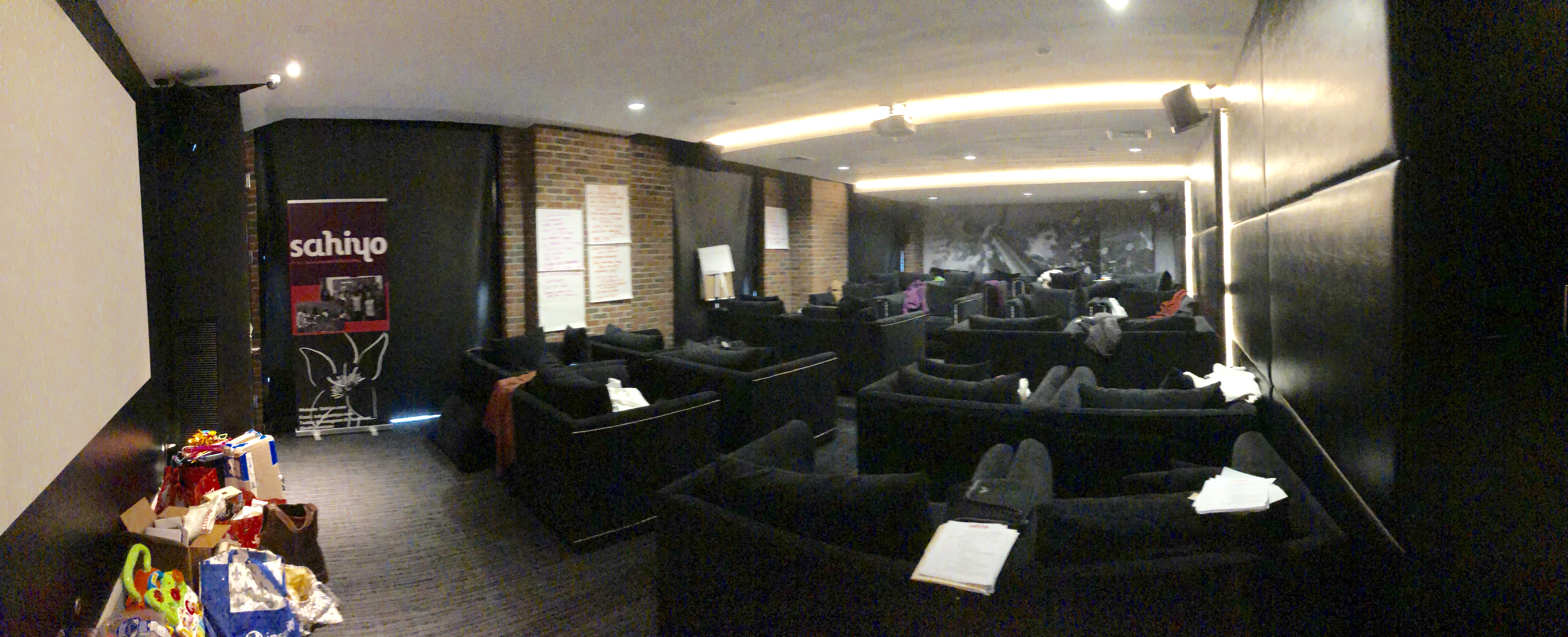By Anonymous
Country of Residence: United States
Age: 45 years old
I often wondered what the two women closest to me thought about khatna. I wondered because I never really talked with my sister or my mom about it. Well, we talked, but not with much purpose. I thought they were against it, just like me. I told them that I was going to a Sahiyo Activist Retreat where I would meet other Bohri women who are against khatna, otherwise known as female genital cutting. They said okay.
At the retreat, I realized that before I advocate publicly, I needed to process my own situation privately. I had khatna performed on me when I was young. I have not talked much about it. My story is much like most. I was probably under 10 years old at the time. Seems like most remember it being done when they were seven. Perhaps that was also the age when it was done to me. I was playing outside with a friend. I’m not sure what we were playing, but it seemed like a normal day and I was doing something perfectly normal. An aunt called out and said we were going somewhere. Was I to go get ice cream? I remember not wanting to leave my playmate and crying. I was taken to a relative’s home not too far from where we lived. It’s been decades, but the memory is vivid. We walked up the stairs. There were two women at the house. One held my hand. The other pulled down my panties. I remember crying. It drowned out what was happening to me.
A sharp pain. Blood. Blade. That’s what I remember. I don’t remember how I got home.
For the next few days, I remember the pain. I could not walk properly. I was sore. I walked with my legs apart, afraid of scraping the area that hurt.
Time moved on. And I suppressed my memory of what happened.
Years later, we heard of an African woman talking about FGM in the news. We all were outraged. A cousin told me that what happened to us when we were young was FGM. What? I was surprised. And somewhat glad. Because I was able to finally understand what happened when I was younger. Khatna was FGM. It was like solving a mystery of my life.
Life went on. I became sexually active and curious. Sex hurt and orgasm was hard. I asked my doctors about it. Most of them did not know. I asked my gynecologist to check me out. They said they saw a nick, but nothing much. Nothing much.
I often wonder if it is in my head if the pain I feel is because of something else. The pain is sharp. And, when certain parts are touched, it is unforgiving.
There is so much silence around khatna that there is not a good understanding of the harm to women. I do not know if I am the only one, or if there are others who feel this way. Are there others like me who are suffering from khatna decades later? Are there others like me who can’t have healthy sexual relationships with their husbands? Are there others like me suffering in silence?
After coming back from the retreat, I talked to my mom about my experience with khatna. She was surprised to know that it had impacted me long-term. I was surprised to learn that she was not impacted by it at all. I also talked to my sister. She said that she blindly follows the Bohri teachings and is neutral on the issue. And, like my mom, it has not impacted her long- term. I thought my sister would automatically be against it. But I was wrong.
Next day, I recapped the story to my husband, who does not share my religion. While he was sympathetic, his anger turned into islamophobic rhetoric and a focus on my “crazy” culture. There are so many “crazy” cultures, and perhaps mine is another use case for patriarchy.
I don’t hate my culture, the people who performed khatna on me, or the people who defend the practice. I want the judgment to stop. I want the fear to stop. I want to create a safe place for conversation and understanding.
I know there is work to do to change attitudes about khatna. I learned that the work is much closer to home than I thought.

